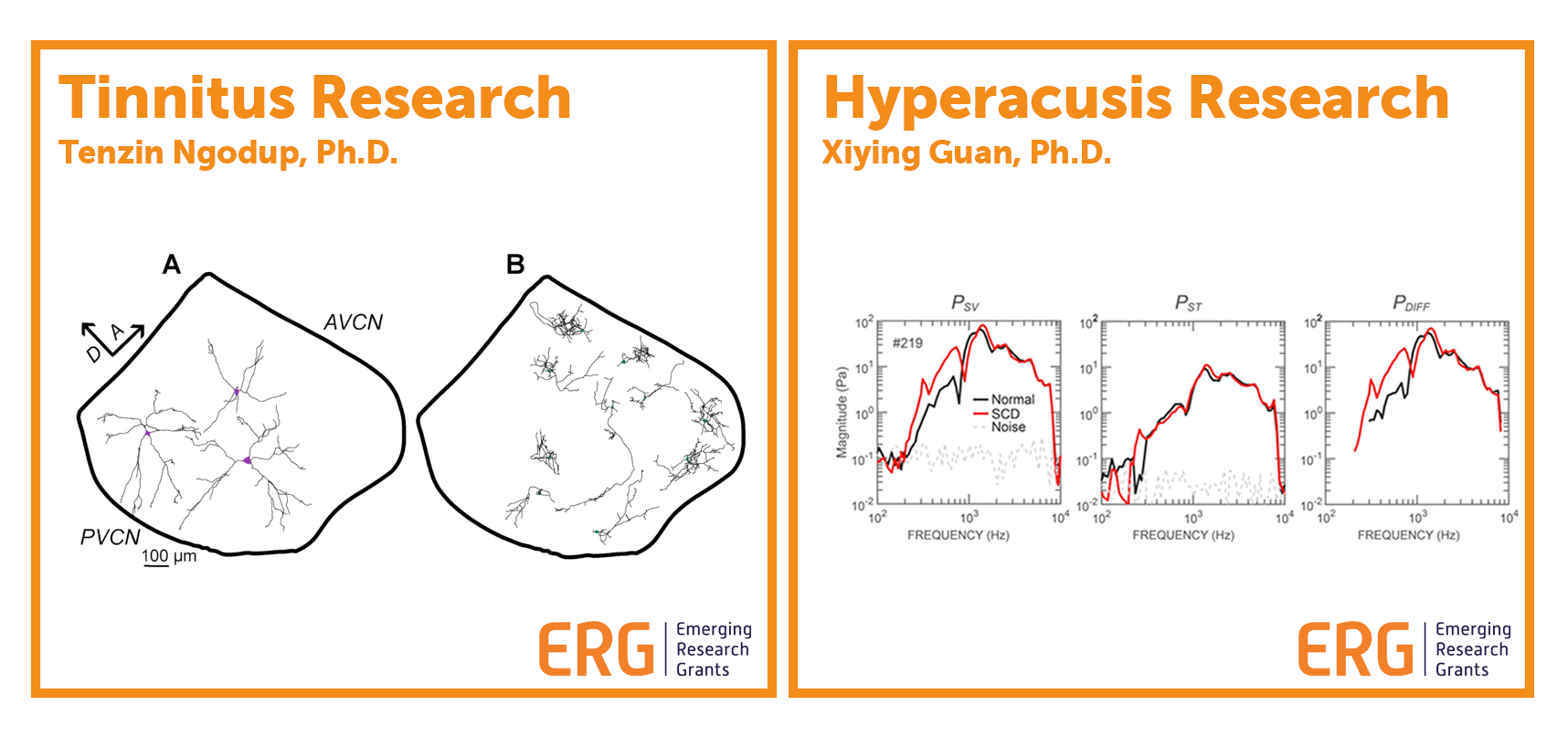Over the past year of the COVID-19 pandemic, case reports and studies have suggested a link between the SARS-CoV-2 virus that causes COVID-19 and hearing loss and related conditions. The March suicide of a restaurant chain CEO after suffering from post-COVID symptoms, including debilitating tinnitus, has also highlighted possible associations.
What the Research Says
The same day the death was reported, a March 22 review was published in the International Journal of Audiology that aggregates published research about the link between hearing and the virus. The paper, by researchers at the University of Manchester in the U.K., identifies 28 case reports and 28 cross-sectional studies on hearing and balance disorders in people with COVID-19 that were scientifically rigorous enough to be included in the review (850 papers were excluded).
Pooling data from 24 of the studies, the paper estimates that tinnitus occurred in 14.8 percent of COVID-19 patients, hearing loss in 7.6 percent, and vertigo in 7.2 percent. The review notes that the “pooled estimate of prevalence [was] based primarily on retrospective recall of symptoms”—generally relying on the patients’ own reporting and memory. It was also not clear across the papers if the symptoms had preexisted or were new, persisted or changed, or increased or decreased over time.
Image credit: Maya Peters Kostman for the Innovative Genomics Institute.
On the website The Conversation, audiologist Kevin Munro, one of the paper’s coauthors, considers the connection between the virus and tinnitus. “It is possible the virus attacks and damages the auditory system. On the other hand, the mental and emotional stress of the pandemic may be the trigger.” There are no studies that compare tinnitus in people with and without COVID-19, he notes.
Medical professionals quoted in a Washington Post article about a potential link between COVID and tinnitus say that tinnitus could be a result of inflammation from the virus affecting the inner ear, or it could be that upper respiratory problems lead to ear infections that in turn muffle hearing and make any tinnitus sound louder. They note that stress and anxiety can create a circular reaction—the more stress about the tinnitus, the harder it is to not hear it, the worse it becomes.
Sudden hearing loss is a known result of some viruses, like those causing meningitis, and there are reports of sudden hearing loss with COVID-19. But, Munro writes, since COVID-19 is so prevalent worldwide, “it is difficult to say with any great certainty if the cases of sudden hearing loss are higher than what we would generally expect to see each year.”
How to avoid these potential hearing-related side effects? Avoid getting COVID-19 itself, through healthy practices such as social distancing and masking, and by getting any of the available vaccines. As of April 19, all U.S. adults ages 18 and older, and in some states ages 16 and older, are eligible to be vaccinated.
New Promising Related Research
ERG scientists Tenzin Ngodup, Ph.D., and Xiying Guan, Ph.D., are helping to illuminate our understanding of tinnitus and hyperacusis, respectfully, in their recent studies.
At Hearing Health Foundation (HHF) we are well aware of the burden that sudden hearing loss, tinnitus, and vertigo can have on everyday life. Our medical and research experts will continue to monitor this emerging story. Promisingly, our funded tinnitus research has most recently resulted in insights from Tenzin Ngodup, Ph.D., a 2018 Emerging Research Grants (ERG) scientist generously supported by the Les Paul Foundation. Ngodup's November 2020 paper in eLife described a new type of neuron that may hold clues to a potential cause of tinnitus.
Likewise, through the generosity of Hyperacusis Research Ltd. our scientists have been investigating hyperacusis, or increased sound sensitivity, a condition that often overlaps with tinnitus. Xiying Guan, Ph.D., a 2016 ERG scientist, uncovered a mechanism behind bone conduction hyperacusis, while Jennifer Resnik, Ph.D., a 2017 ERG scientist, shows how cochlear nerve damage may lead to hearing difficulties in noisy settings.
More Tinnitus Resources From HHF
Tinnitus is also the topic of our Hearing Health Hour webinar on April 19, 2021. Richard Tyler, Ph.D., a 2012 ERG scientist and a leader in the field, will speak on the topic of measuring tinnitus and reactions to it. Since the experience of tinnitus is subjective, Tyler has been working on how to standardize its characterization so that we can better understand how it appears and how to treat it. Register for this free webinar with CART captioning at hhf.org/webinar.
And the Spring 2021 issue of Hearing Health magazine, in mailboxes by the end of April, has as its theme tinnitus and hyperacusis, which not only often coexist but also likely share underlying causes. This explains why some treatments for tinnitus have proven helpful for hyperacusis as well. —Yishane Lee
Among the papers reporting links between COVID-19 and hearing problems was a case study coauthored by HHF board member Anil Lalwani, M.D., the head of HHF’s Council of Scientific Trustees, in Otology & Neurology in September 2020.







I made one hat to solve problems, never imagining how many other adults and children would relate. It’s an honor to be able to give something back to the cochlear implant community that understands this journey so well.